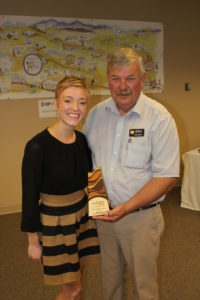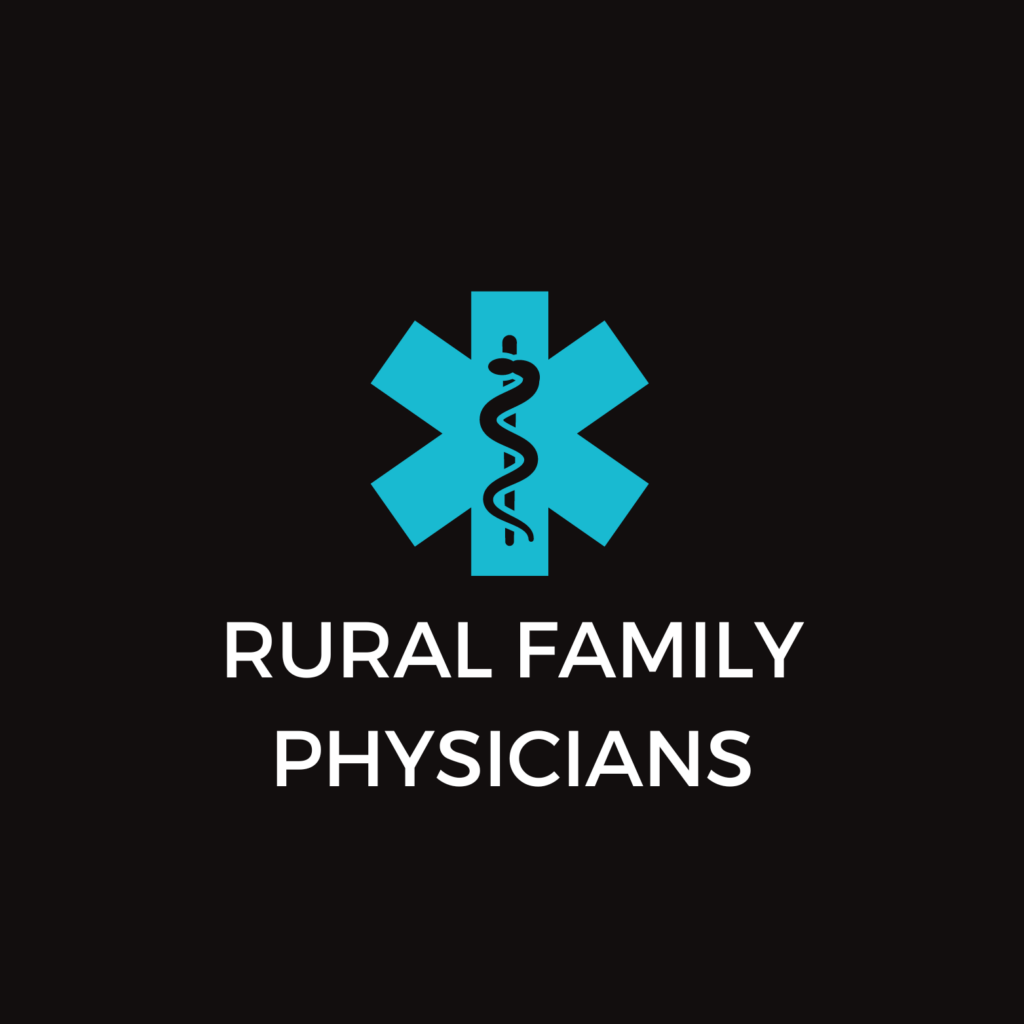 Appreciation is defined as “a feeling of being grateful for something, an ability to understand the worth, quality, or importance of something, an ability to appreciate something, and a full awareness or understanding of something.”
Appreciation is defined as “a feeling of being grateful for something, an ability to understand the worth, quality, or importance of something, an ability to appreciate something, and a full awareness or understanding of something.”
Kids are back to school and fall is upon us with the cooler mornings and evenings. I’m so appreciative of the time with family and friends over the summer, but each season brings new reasons to be appreciative.
Last week CRHC had the opportunity to celebrate safety net clinic week which was a huge success! In this, the event’s sixth year, we tried a new approach to raise awareness of rural health clinics (RHCs) as part of the safety net, which was to host a virtual rural health clinic tour for our partners and, most importantly, the legislators in Colorado. Five legislators were in attendance to learn about the great work that our RHCs accomplish every day to provide access to quality care in Colorado’s 47 rural and frontier counties.
Did you know there are 51 federally certified RHCs, located in 29 counties, which serve approximately 194,400 unique patients per year with 630,560 annual visits? RHCs must be staffed by at least one nurse practitioner, physician assistant or certified nurse midwife who are onsite to see patients at least 50 percent of the time the clinic is open. What makes them unique and requiring clarification is that they do not receive any supplemental federal funding to operate. Many are surprised at this fact and confuse them with federally qualified health centers (FQHCs). See the map located on our website here. Watch the videos here.
The CRHC staff would like to thank you and are appreciative of your attendance during the virtual showcase.
We also had the opportunity to recognize Senator Larry Crowder (photo to the right) for his advocacy and support of rural which this year was showcased through the passing of SB197. Because of his leadership and advocacy, advanced practice nurses have greater access to work in rural areas of the state without the overly stringent prescriptive authority supervision hours. As the Senator resides and represents a rural area of the state, it was the perfect match for our first annual rural health champion award. In response to the award and event, the Senator said “the citizens of rural Colorado should have the same rights and benefits as anybody else in the state. I’m a firm believer in that, and I will keep working toward that end.” In response, I’d like to reiterate that, Senator Crowder is an instrumental advocate for rural health. His passion for rural Colorado is unmatched.
I’d also like to thank the four clinics that allowed CRHC staff to visit them to video tape and have the honor of sharing their story. The way you tell your story is so impactful and filled with the caring individuals you are and the folks you care for in your community. I encourage you to view the videos and you too can get a sense of operations in Mt. Carmel in Trinidad, Oak Creek in South Routt, the Lake City Area Medical Center, and Walsh Medical Clinic.
One way that CRHC appreciates our rural members is through advocacy and education. Annually we produce a report called the rural snapshot that contains a large amount of data and statistics to help our urban partners and rural advocates understand the struggles faced by our communities. Below I’ve shared a few of the numbers, with which you may not be familiar. To view an electronic copy, click here.
- 5 rural counties have less than 1 person per square mile;
- By 2018, the 65 and over rural population is projected to grow almost 10 percent;
- Nearly 10 percent of rural families are living below the 2014 federal poverty level;
- Cost of coverage for a rural resident on the silver health insurance plan is $532 compared to an urban resident on the sliver health insurance plan at $352 per month;
- The mental health crisis responder for most rural Americans is a law enforcement officer, rather than a trained clinical professional;
- 12 Colorado counties do not have a licensed psychologist or a licensed social worker;
- 46 percent of children born in rural Colorado are to teenaged mothers
- 10 rural counties in Colorado do not have a dental provider
- 7 percent of rural Coloradans over the age of 25 have no high school diploma
- Motor vehicle deaths are more than 2 times higher in rural than urban
Thank you for allowing me the privilege of being the CEO at the CRHC.



